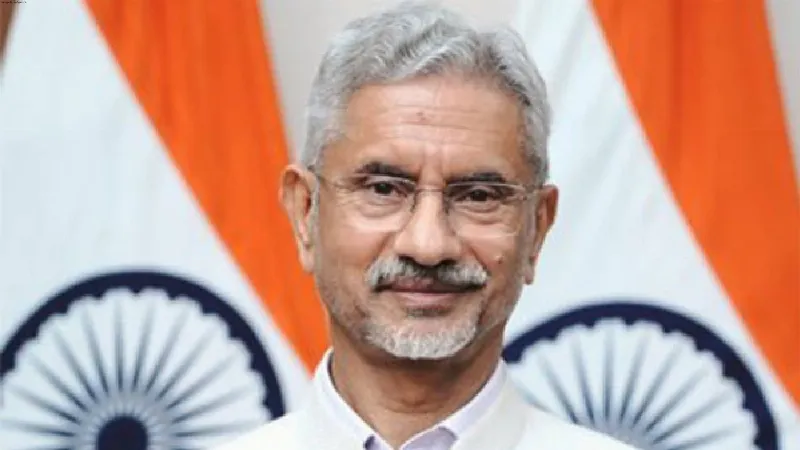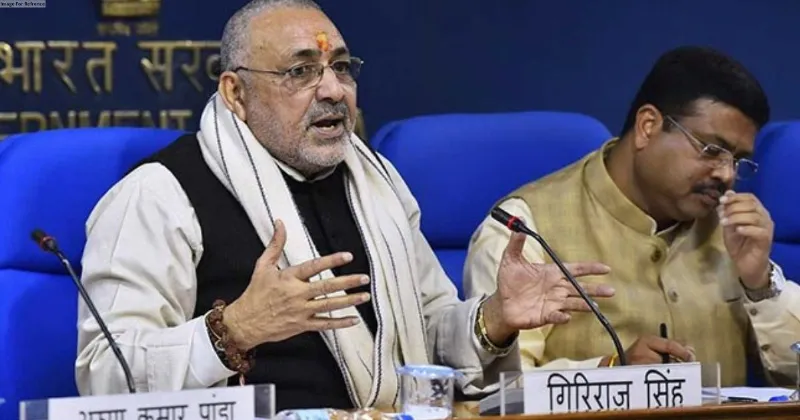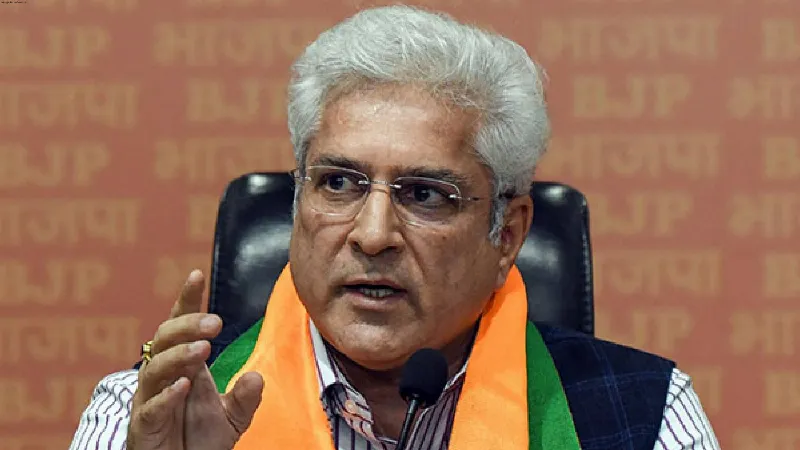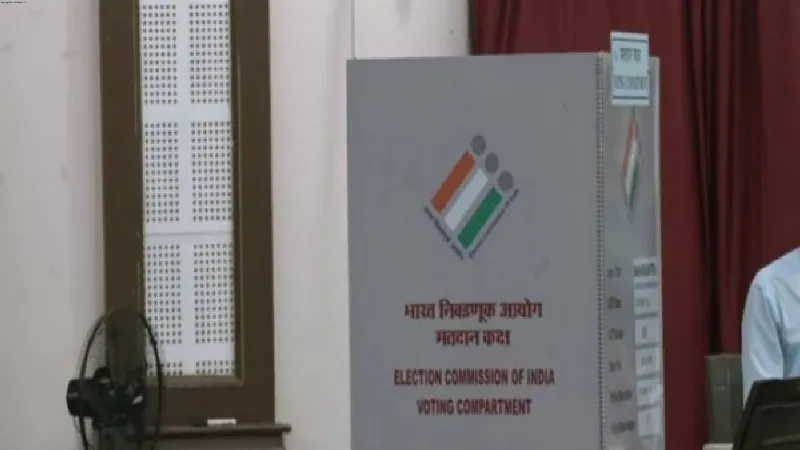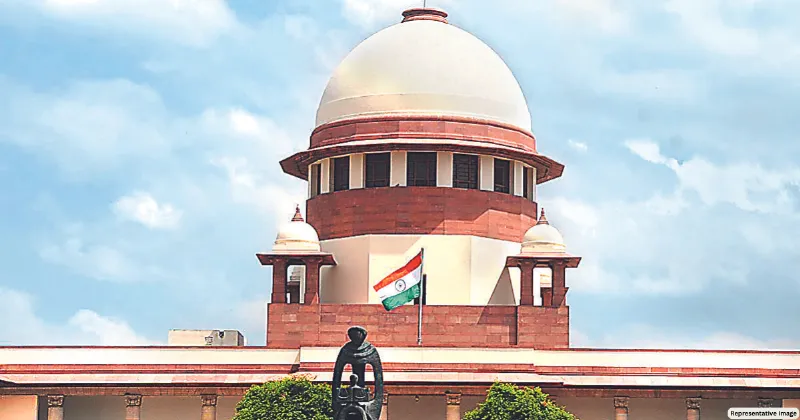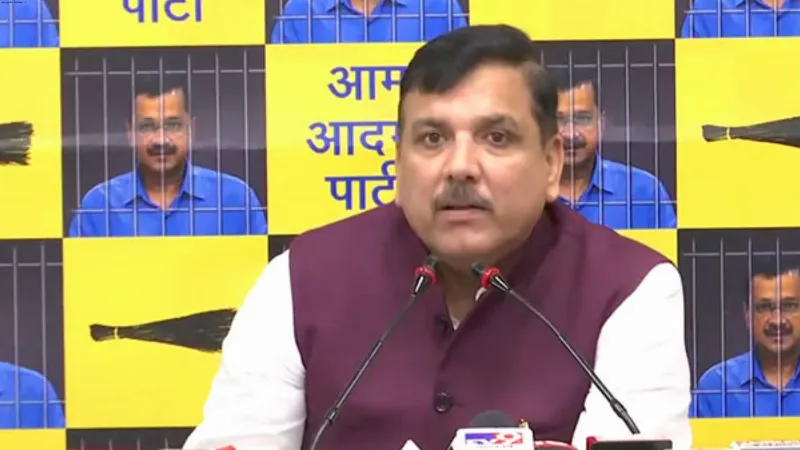Latest News
Rooftop solar programme announced in Budget named 'PM Surya Ghar: Muft Bijli Yojana'

New Delhi: The rooftop solar programme announced in the interim Budget tabled on February 1, would be known as PM Surya Ghar: Muft Bijli Yojana, Prime Minister Narendra Modi revealed on Tuesday in a post on X.
The rooftop solar project, with an investment of over Rs 75,000 crores, aims to light up 1 crore households by providing up to 300 units of free electricity every month.
PM Modi in the Xpost said his government is launching the PM Surya Ghar: Muft Bijli Yojana to to further sustainable development and people's well-being.
"From substantive subsidies, which will be given directly to people's bank accounts, to heavily concessional bank loans, the Central Government will ensure that there is no cost burden on the people. All stakeholders will be integrated to a National Online Portal which will further convenience," PM Modi said in the X thread.
To popularise this scheme at the grassroots, Urban Local Bodies and Panchayats shall be incentivised to promote rooftop solar systems in their jurisdictions.
"At the same time, the scheme will lead to more income, lesser power bills and employment generation for people," PM Modi said.
He urged all residential consumers, especially youngsters, to strengthen the PM - Surya Ghar: Muft Bijli Yojana by applying at - https://pmsuryaghar.gov.in
According to the government, the benefits expected from this solarisation are savings up to Rs 15,000-18,000 crore annually for households from free solar electricity and selling the surplus to the distribution companies; charging of electric vehicles; entrepreneurship opportunities for a large number of vendors for supply and installation; and employment opportunities for the youth with technical skills in manufacturing, installation and maintenance.
India meets a sizable portion of its energy needs through coal-fired electricity, and this solar rooftop programme could be seen as an avenue to reduce the dependence of conventional sources of power.
At COP26 held in 2021, India committed to an ambitious five-part "Panchamrit" pledge. They included reaching 500 GW of non-fossil electricity capacity, generating half of all energy requirements from renewables, to reducing emissions by 1 billion tonnes by 2030.
India as a whole also aims to reduce the emissions intensity of GDP by 45 per cent. Finally, India commits to net-zero emissions by 2070.
About 44 per cent of India's energy requirements at present come from non-fossil sources and are likely to touch as high as 65 per cent by 2030, much higher than what the country pledged at the COP summit in 2021, Union Minister RK Singh, who handles power and renewable portfolio, said recently.

